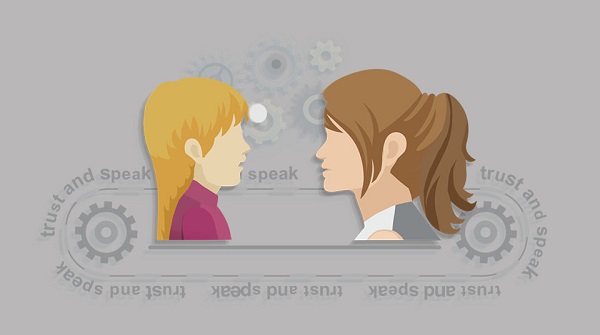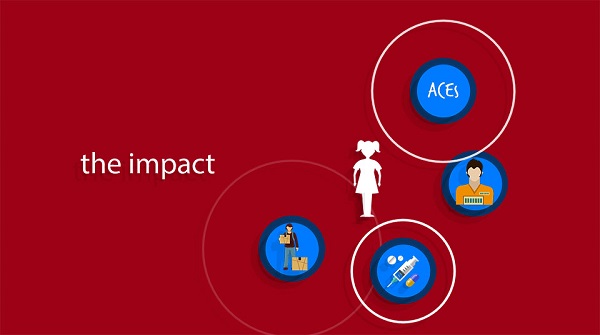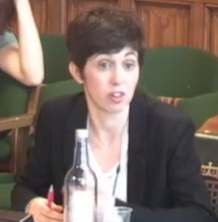A more compassionate Scotland: a societal response to childhood adversity
- Katy Hetherington, Organisational Lead - Childhood Adversity
- 23 August 2019
- ACEs
Feeling loved, being nurtured and having a safe environment in which to learn, develop and explore the world gives us the best start in life. We often have compassion and understanding for babies and young children, but it can be more challenging to keep in mind how adverse circumstances in childhood can shape our development into adulthood*. The growing interest in childhood adversity, across civic society in the UK and elsewhere, gives us increased impetus to organise a fairer society. We have the means to improve the lives of people today and to influence the world in which children will grow up.
It isn’t just about the early years. Children grow up. The research reminds us that historical experiences, good and bad, affect our health and wellbeing as adults. They impact on opportunities for education and work, and our ability to trust and build healthy relationships. Quite simply, if you’ve learned not to trust, then this can get in the way with how you interact with people who try to help you, such as teachers or housing officers. Without interaction there is a tendency to be excluded rather than understood.

Widespread discussion stimulated by the ACEs research is welcome. In fact, I’d argue it’s necessary. It strengthens the case for preventing adversity in childhood within the wider context of the social determinants of health.
Through our Scottish ACEs Hub, a small group of people who work in health, education, justice, academia and the voluntary sector, we are leading the way on ACEs and doing what we can to ensure our national policies and services are responsive. As part of this, we have produced a short paper, Adverse Childhood Experiences in Context. The paper recognises the cautions against taking a narrow interpretation of ACE studies and sets out how various sectors can use the principles behind ACEs to inform their work.
Preventing adversity in childhood requires actions at a number of levels. Legislation and policy is important because it can help create a more equal society and the conditions which support families to give children the best start in life. Scotland is making progress in this area. For example through the Proposed Children (Equal Protection Assault) Bill, a commitment to incorporate the UNCRC into domestic legislation, and the Child Poverty (Scotland) Act. Policies such as ‘Equally Safe – Scotland’s strategy to prevent and eradicate violence against women and girls’, seeks to address the inequalities in society which affect the world in which children live and grow up in.

And, there’s the National Trauma Training Framework and Training Plan. This aims to create a workforce that is trauma informed. An understanding about what might have happened in a person’s life and how that might have affected them should ‘create compassion in a psychologically informed society’ as our ScotPHN report Polishing the Diamonds – Addressing Adverse Childhood Experiences in Scotland proposed in 2016.
What has struck me the most through my work on childhood adversity is the importance of a whole society response. It is not simply the job of the health, education, justice or other sector in isolation. All sectors, as well as communities and families, need to take account of, learn from and prevent ACEs. It is a big ask, including action to undo social inequalities. But knowledge about what builds health and wellbeing in the population and what can disrupt it is also key, and the good news is we’re building more of this into our practice and research, every day.

Some might think it glib to talk about compassion and relationships when structural intervention gets to the heart of the problem. But it’s not an either/or approach. If we have this in mind as we work with people, their families and communities – and as we design our public services, laws and policies – then I believe we can create the sort of society where children thrive, inequalities narrow, and we all live longer, healthier lives.
* The field of research on adverse childhood experiences (ACEs) has repeatedly shown the associations between adverse and traumatic experiences in childhood, and a range of health and social impacts in adulthood.
To subscribe to our blog, please email us.

